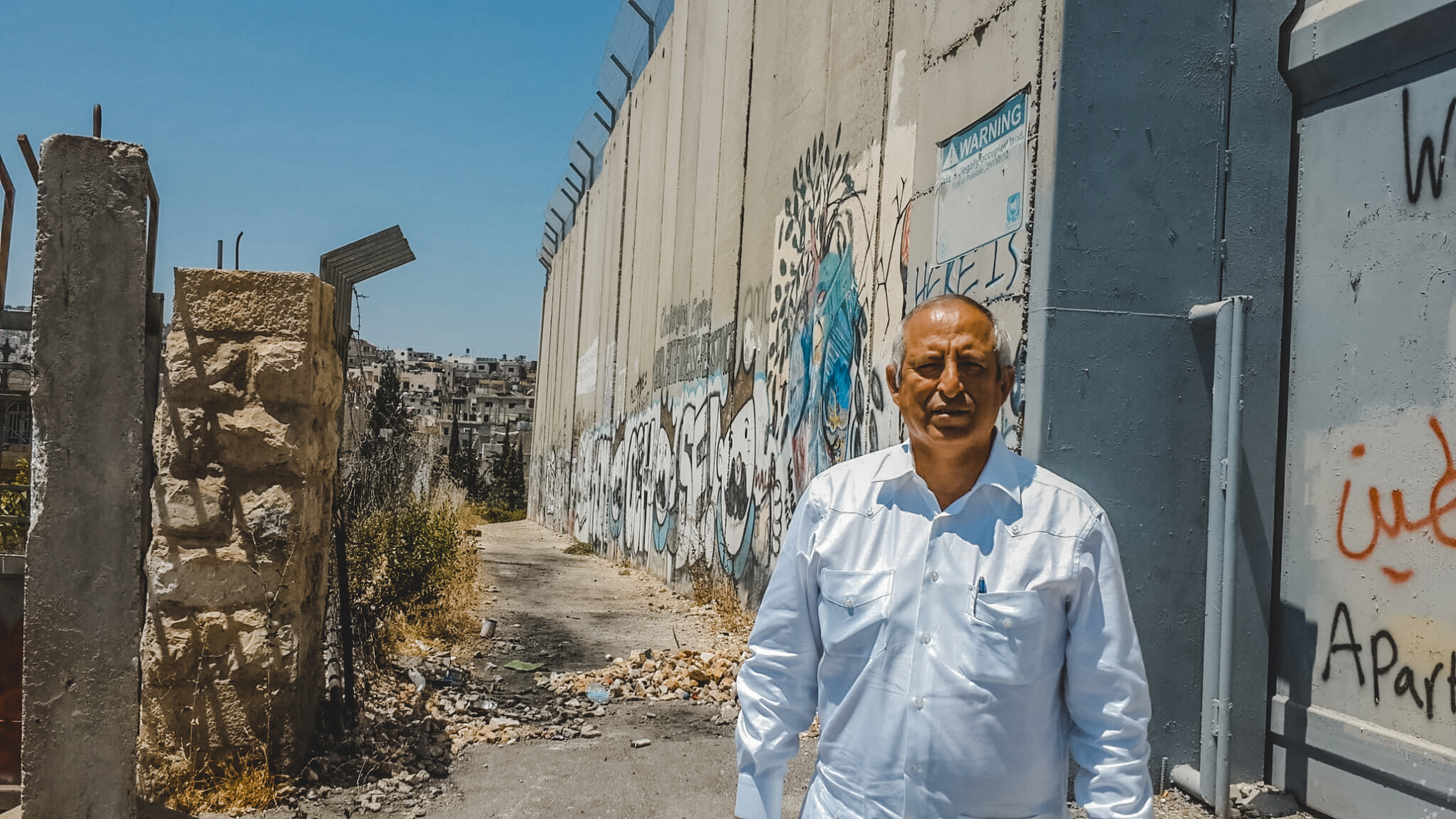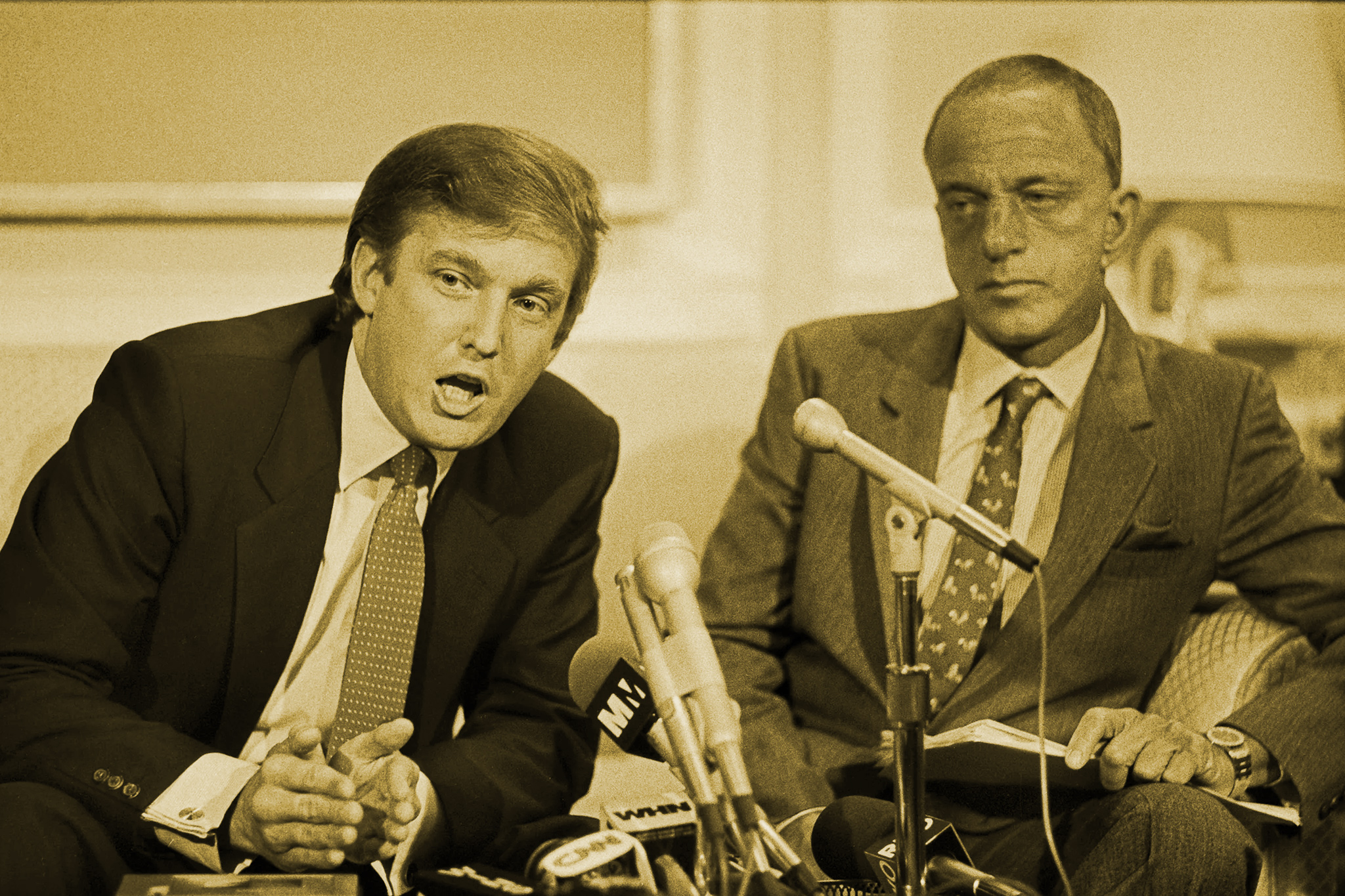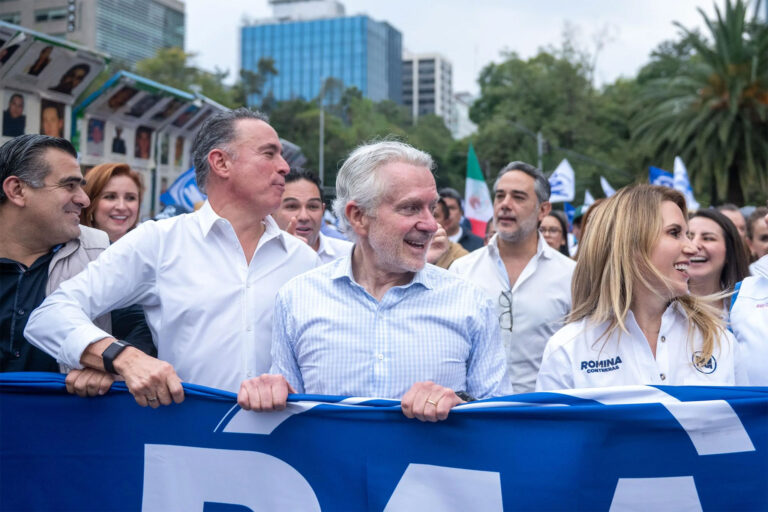Trump’s Trade War as Political Blackmail
For several decades, the United States, with the help of institutions like the IMF and the World Bank, imposed an economic liberalization agenda on the world. This included open trade, free flow of capital, and the abandonment of protectionism. They even coined a new term, “globalization,” to describe this approach. Free trade became the new paradigm, the magic formula for countries seeking economic growth and development. Under this logic, many countries came to believe that the more free trade agreements they signed, the more opportunities they would have to gain a foothold in the global economy, competing for markets and direct investment.
For Trump, tariffs are far from a trade policy measure. In reality, they are political tools, with negative impacts for the entire world
For the past six months, that panorama has turned 180 degrees. The Donald Trump administration has embraced trade war as a central strategy to achieve its foreign policy objectives, which range from increasing arms sales to halting the rise of new geopolitical blocs, such as the BRICS. They also seek to discourage migration and, where possible, bring about fundamental political changes. All of this goes beyond the goal of obtaining economic benefits, from a position of arrogance and disregard for international trade rules, whether multilateral or bilateral, to which the United States is a signatory. Trump launches trade wars to advance his conservative and warmongering agenda around the world. The imposition of tariffs, whether lowered or increased, becomes a reward or punishment for countries under the scrutiny of Washington’s hawks.
We see this in the case of Mexico, a country that Trump is shamelessly pressuring to implement anti-immigrant policies and become a barrier against the waves of people who, for various reasons—from seeking economic progress to escaping political repression—seek safe haven in the United States. He also demands that Mexico foot the bill for the social and public health crisis that the drug pandemic represents for American society. They demand that Mexico control the supply of narcotics, even if it means an overflow of criminal violence, without any steps being taken in the United States to curb the demand for narcotics by combating the American cartels that sell drugs, launder multi-million dollar sums of money, and profit from the drug trafficking business.

Brazil is the other country in the region that has fallen under Trump’s fury. In an allegation brimming with interventionism and disrespect for Brazil’s sovereignty, Trump comes out to defend Jair Bolsonaro, who is on trial for leading coup attempts aimed at thwarting Lula da Silva’s return to power. Trump’s arguments for imposing exorbitant taxes on imports from that South American country don’t even contain commercial reasons. In fact, the United States has a trade surplus with Brazil. It’s about something else: the open defense of Bolsonaro, motivated by ideological affinities, given their membership in the most extreme right wing in the hemisphere.
For Trump, tariffs are far from a trade policy measure. In reality, they are political tools, with negative impacts for the entire world, including the United States itself, where inflation is rising, unemployment is rising, and uncertainty dominates the economic outlook. They are desperate actions by a declining power, desperately trying by all means, legitimate or not, to halt the transition to a multipolar world, where American hegemony will be a thing of the past.

-
People’s Mañanera February 9
President Sheinbaum’s daily press conference, with comments on scholarships, return of mining concessions, PRIAN exposed, Bad Bunny Super Bowl, and aid to Cuba.
-
8 Million App Users, TV Soap Opera Ad… & the PAN Still Can’t Find New Members
In Mexico, where political parties are currently publicly financed, the right wing PAN has spent a staggering amount during its lackluster recruitment drive.
-
Mexico’s National Film Archives Workers Demand Dignity
“Our struggle is legitimate; we are not asking for privileges or luxuries, only better working conditions and job security. We also seek dialogue. This situation has become unsustainable.”




